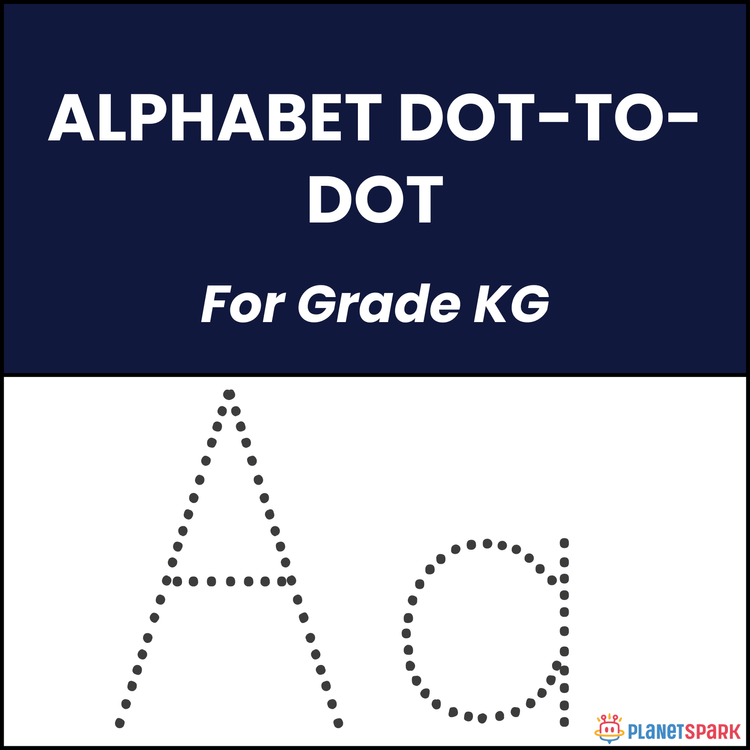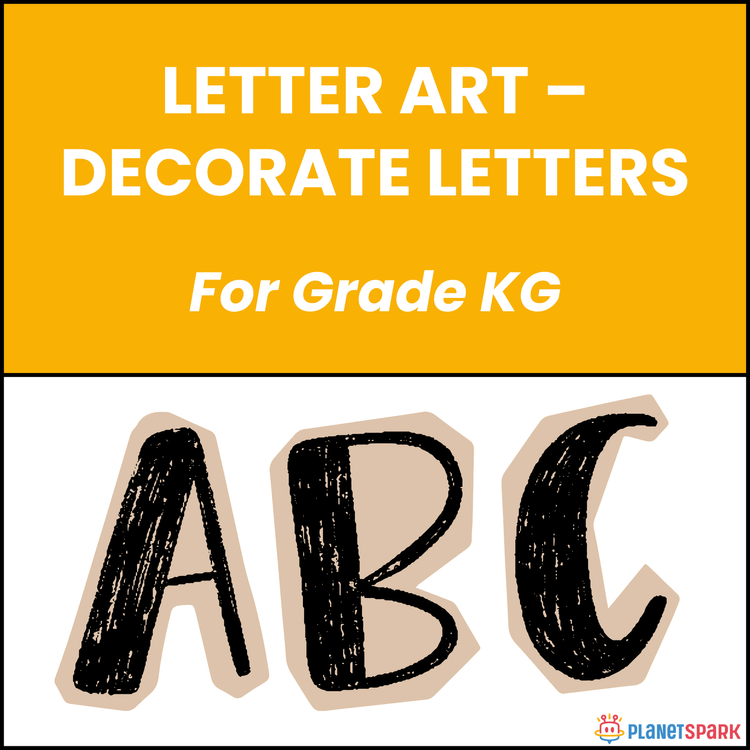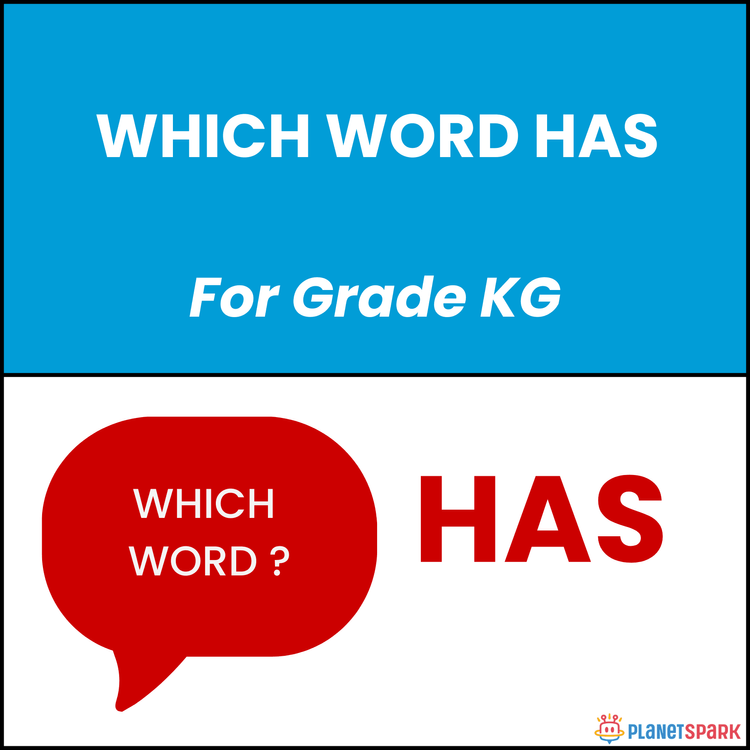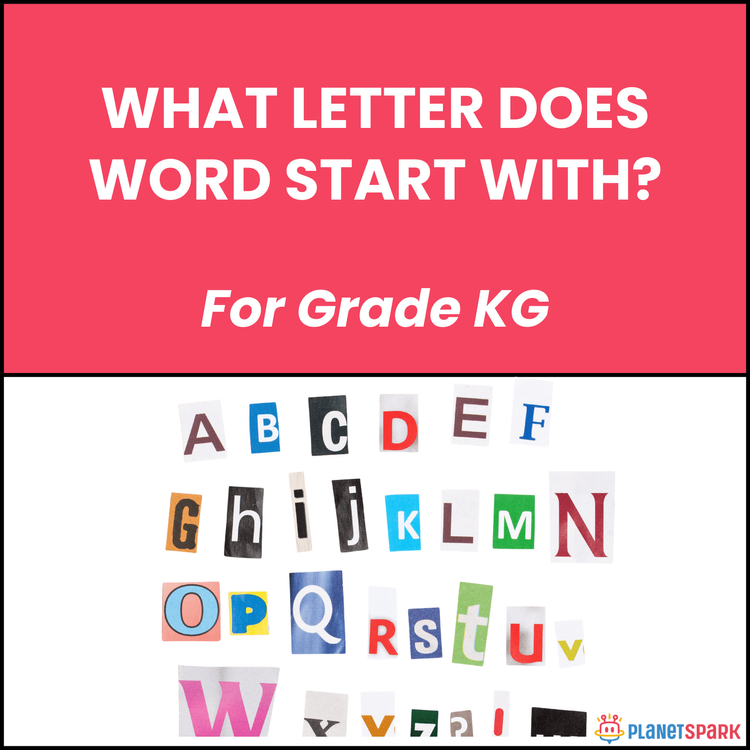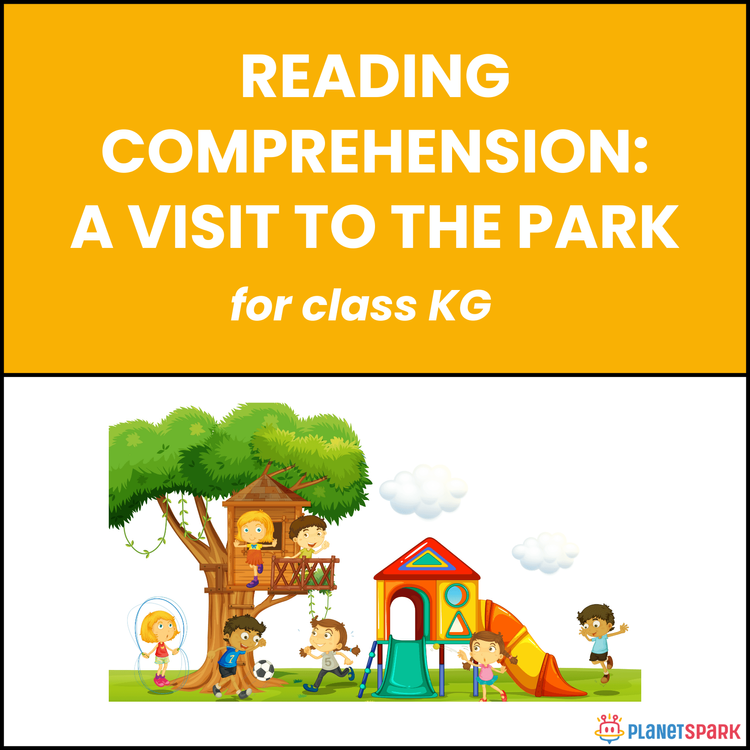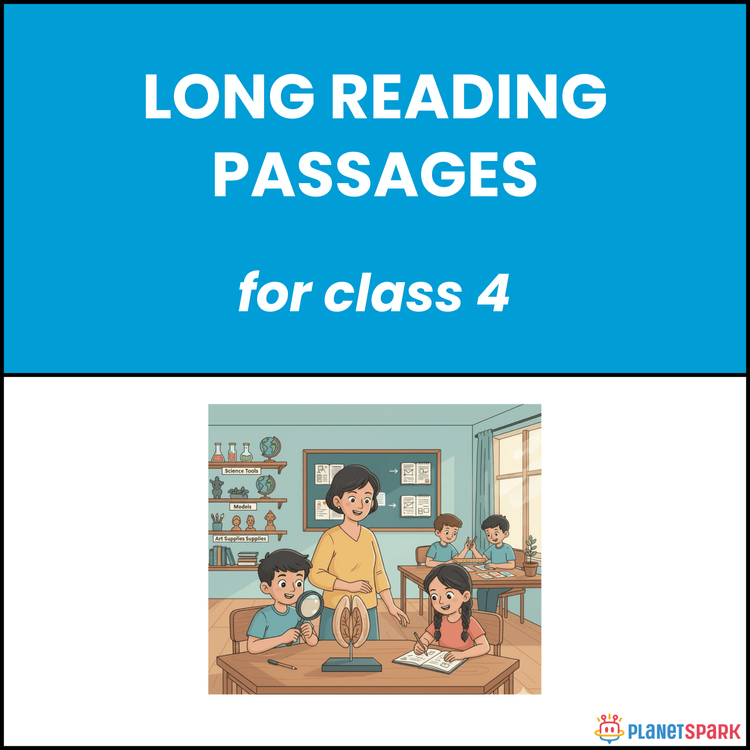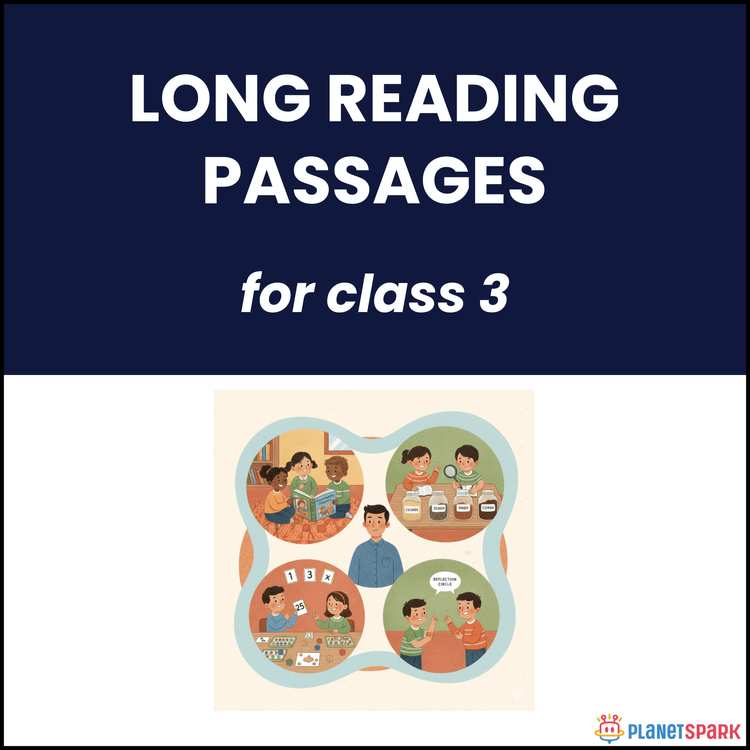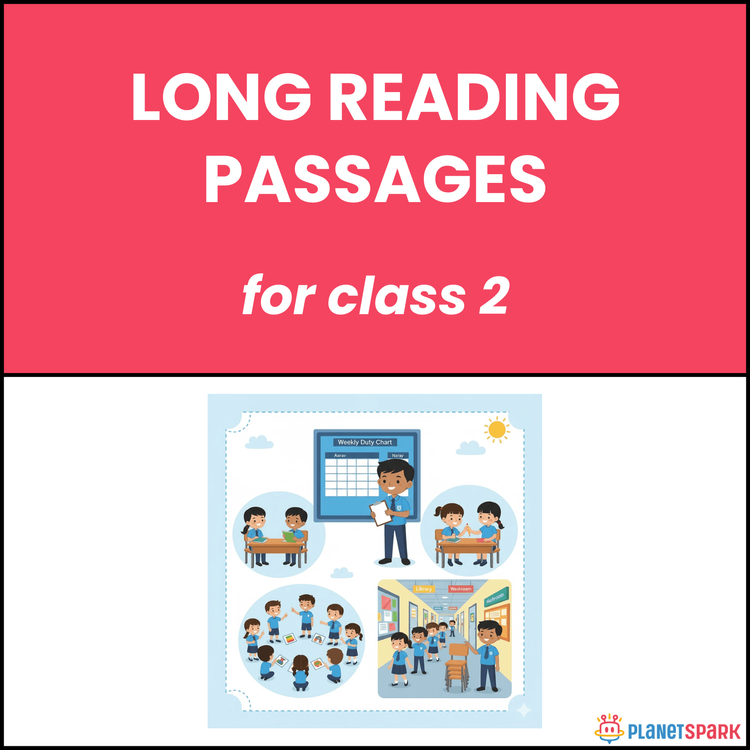Class KG Recipe Writing: Lemonade
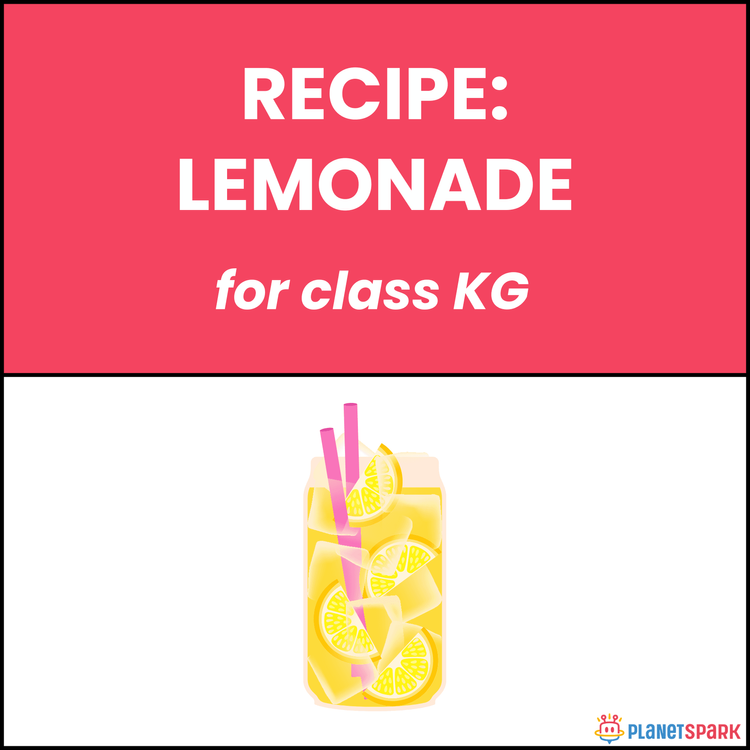

Class KG Recipe Writing: Lemonade
Summer Sips: Recipe Reading “Lemonade” for Class KG
This Kindergarten worksheet features a refreshing recipe passage that teaches children how to make lemonade step-by-step. It begins with washing and cutting a lemon, squeezing the juice into a glass, adding water and sugar, stirring well, and finishing with ice cubes for a cool treat. The passage helps children connect reading to real-life activities, following instructions with fun and simplicity.
Why Reading Passages Matter in Grammar?
Reading passages help children:
1. Follow sequential steps in short, simple sentences.
2. Recognize action words like *wash*, *cut*, *add*, and *stir*.
3. Build vocabulary around everyday tasks and kitchen items.
4. Understand the concept of instructions and outcomes.
What’s Inside This Worksheet?
This worksheet includes one recipe-style passage and 10 engaging multiple-choice comprehension questions:
🧠 Recipe Passage
A short instructional piece showing how to make lemonade — from squeezing a lemon to stirring and adding ice cubes for a cool drink.
✏️ Exercise – Multiple Choice Questions
Students answer what fruit is used, what steps are followed, what the drink tastes like, and what the passage is written as.
✅ Answer Key (For Parents & Educators)
1. A
2. C
3. B
4. C
5. D
6. A
7. D
8. C
9. B
10. A
Encourage your child to read, mix, and enjoy learning with this simple recipe story — where reading turns into a hands-on experience!
Frequently Asked Questions
It introduces step-by-step instructions in simple language.
Sequencing, vocabulary, and real-life application of English.
They connect language skills with everyday practical tasks.
